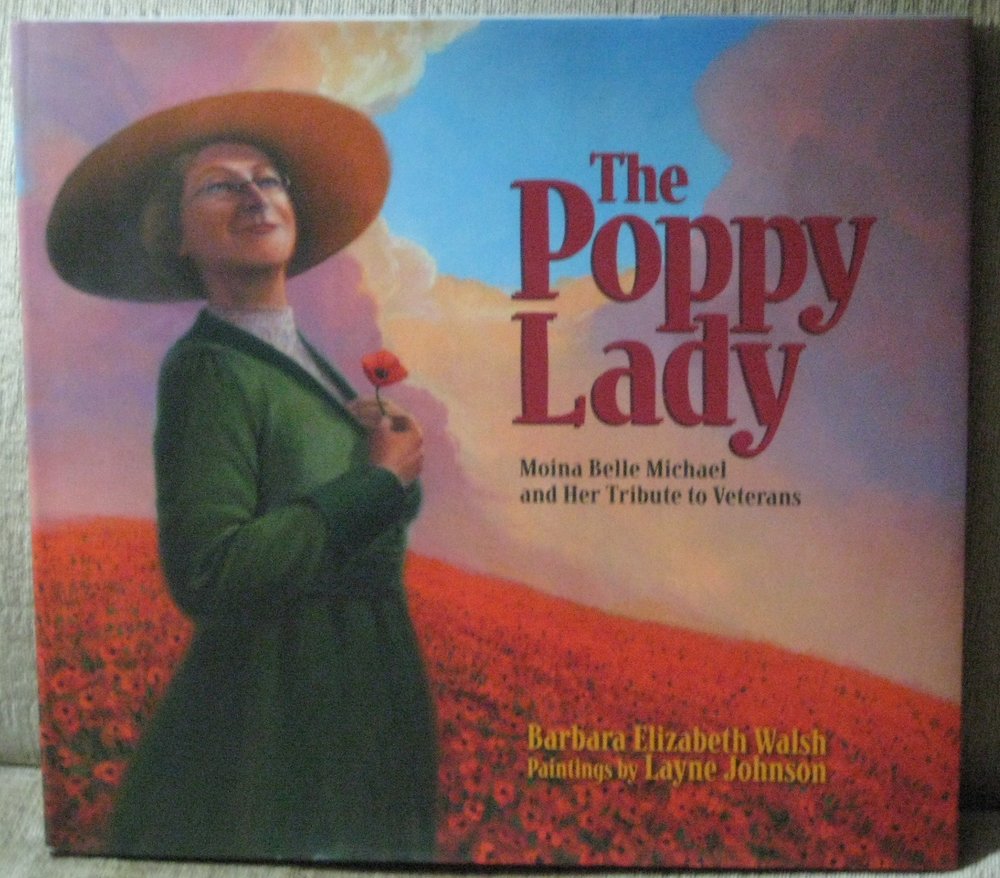 In time for Emily Dickinson’s 184th birthday on December 10, let me recommend a good book for your celebration. Michaela MacColl created an imaginative mystery set in the life of fifteen-year-old Emily before she became the recluse poet that many of us have loved. The title, Nobody’s Secret, comes from the famous “I’m Nobody” poem. I met Michaela at a Highlights Foundation workshop in August. The twinkle in her eye gives a hint of the fun to come in her book.
In time for Emily Dickinson’s 184th birthday on December 10, let me recommend a good book for your celebration. Michaela MacColl created an imaginative mystery set in the life of fifteen-year-old Emily before she became the recluse poet that many of us have loved. The title, Nobody’s Secret, comes from the famous “I’m Nobody” poem. I met Michaela at a Highlights Foundation workshop in August. The twinkle in her eye gives a hint of the fun to come in her book.
A mysterious stranger turns up on the Dickinson land to introduce the story. His uncanny knowledge of her and her family intrigues Emily. When he turns up dead in the family pond, the intrigue turns to a mixture of guilt and determination to solve the mystery of who killed him and why. She enlists the help of younger sister Vinnie and the chase is on.
Michaela cleverly entices her readers to suspend disbelief that the reclusive poet could have been a determined teenaged detective, defying many of the restrictions put on young women of the day. Carefully researched and true to the time period, she weaves an intriguing story filled with family secrets, romance, and danger. Adding zest to her story are the quotes at the beginning of each chapter from Emily’s poems that foreshadow  upcoming happenings.
upcoming happenings.
Author’s notes satisfy the reader’s curiosity about which parts of the story are facts and which are purely figments of Michaela’s imagination.
This book is listed as young adult, and I like young adults as well or better than the next one, but surely we don’t want to let them have all the fun. If you like Emily Dickinson, mysteries, or both, go ahead. Treat yourself to a good read.
























